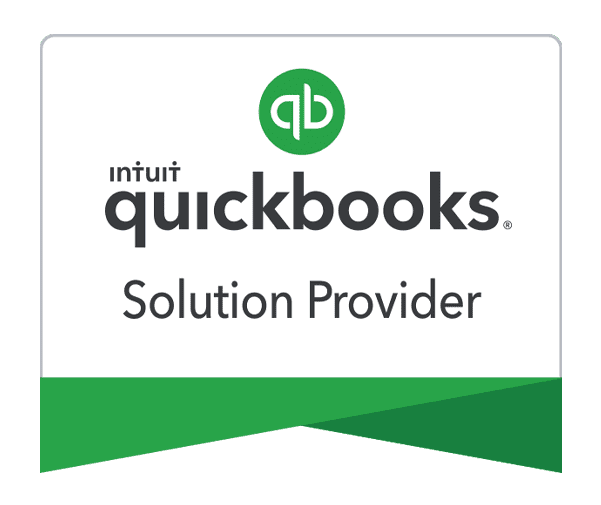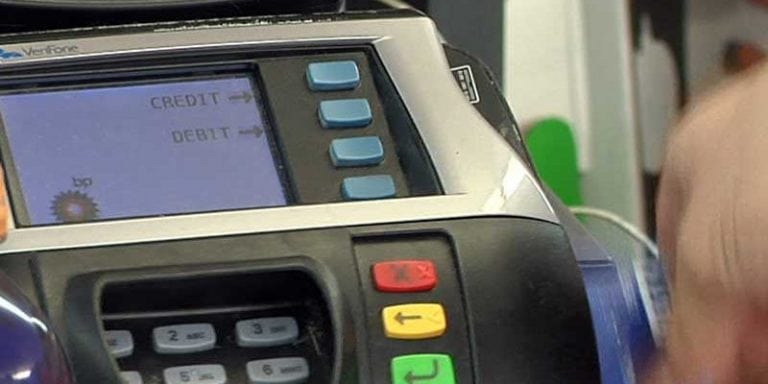
Pete Real
Online businesses have steadily grown in popularity for a number of reasons, relatively low startup costs foremost among them. Some of the smaller retailers offer limited payment options, but a serious online seller will need to accept credit cards on their website. There are two main methods, each of which we’ll explore here.
Choosing a Payment Processing Company to Work with
The first is a payment processing company (PPC). This is the best choice for most new businesses, because it is a quick and simple path to accepting credit cards. It is essentially a bundled solution, which is what makes it quick and simple.
The PPC accepts and processes credit card payments on behalf of its clients. That means your customers actually pay the PPC rather than you, and then the PPC forwards the funds to you (less its fees, of course). In essence your company “piggybacks” off an existing online payment platform instead of setting up its own. Plus, since all of the transaction data is stored by the PPC, they—not you—are responsible for PCI compliance (the protection of credit card and customer data).
There are drawbacks, of course, or else every online retailer would use a PPC. You probably won’t be surprised to learn that a PPC costs more. That only makes sense; the PPC has the same expenses you would for card processing, plus its overhead and profit margin. A variety of pricing models are available from different PPCs. PayPal, one of the best-known, uses a flat fee plus a percentage on each transaction; others simply levy a (slightly larger) percentage alone.
Not every PPC may be an option, however. Some restrict their services to certain types of businesses, such as those selling actual goods (as opposed to services or intangibles like downloaded software). It’s best to shop around, since fee structures differ from provider to provider and will often differ with the same provider for different business types.
You should also be aware that funding from a PPC may be slower than from traditional card processing. For the largest ones there is really no additional delay. However, on rare occasions you may wait days or longer. The quickest settlement is by ACH to your business account, so that is naturally the preferable method.
Keep in mind that a PPC requires that the customer be redirected away from your website to the payment portal. Some make the customer create an account in order to check out, and that can cost you sales since many people will not wish to do so.
Hosting the Credit Card Processing Yourself
The other choice is to host credit card processing directly through your retail website. There are two main components for this option.
First, you must have an Internet merchant account. If you already have a traditional merchant account—for example, if you have a brick-and-mortar retail store and have decided to add online sales—that will not do. These accounts have terms and conditions that specifically prohibit the processing of online sales through them. Internet transactions carry additional risk, and your merchant processor will also require your site to comply with PCI standards.
Second, you must have a payment service provider (PSP). The PSP provides the payment gateway or “virtual terminal” through which online transactions are processed. (Think of this as the software equivalent of a credit card terminal sitting next to your cash register.) Often the PSP will include the shopping cart system for your website with the payment gateway, as this tends to make its job easier.
You can host your credit card payment page alongside your website, but there are serious security concerns that must be addressed. If your hosting service can meet these standards, great, but it may be easier and cheaper to have the PSP host them. You may also choose a PSP that is a “one-stop shop,” providing the payment gateway, payment page hosting, and Internet merchant account all as a single package.
Accepting credit cards for your online business is hardly effortless, but an understanding of exactly what is required can make it easily attainable. Whether you choose to outsource to a PPC or take on the challenge yourself with a PSP, accepting credit cards on your retail website will mean more customers and more sales.
If You Would Like to Set Up Payment Processing on Your Website
Give us a call. We can help you select which processing solution is the best fit and have you up and running that same day. To get started, just click here and we will walk you through the details.
















